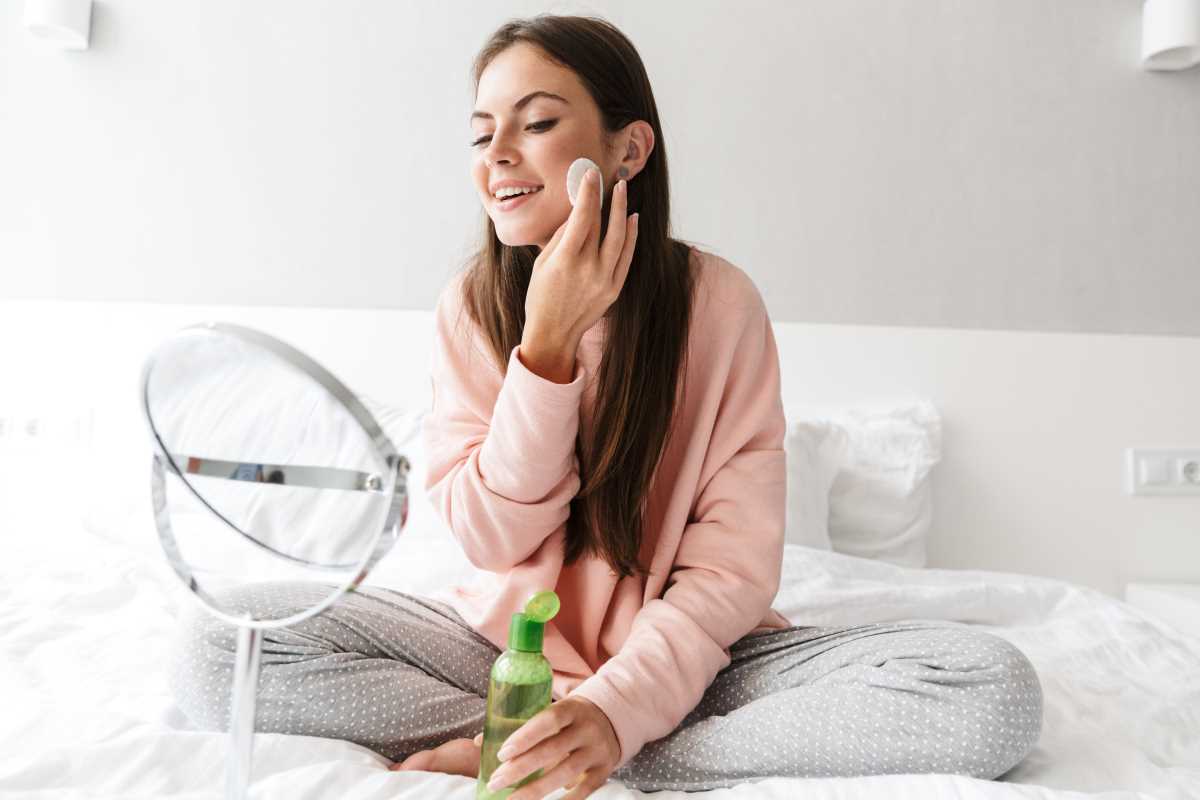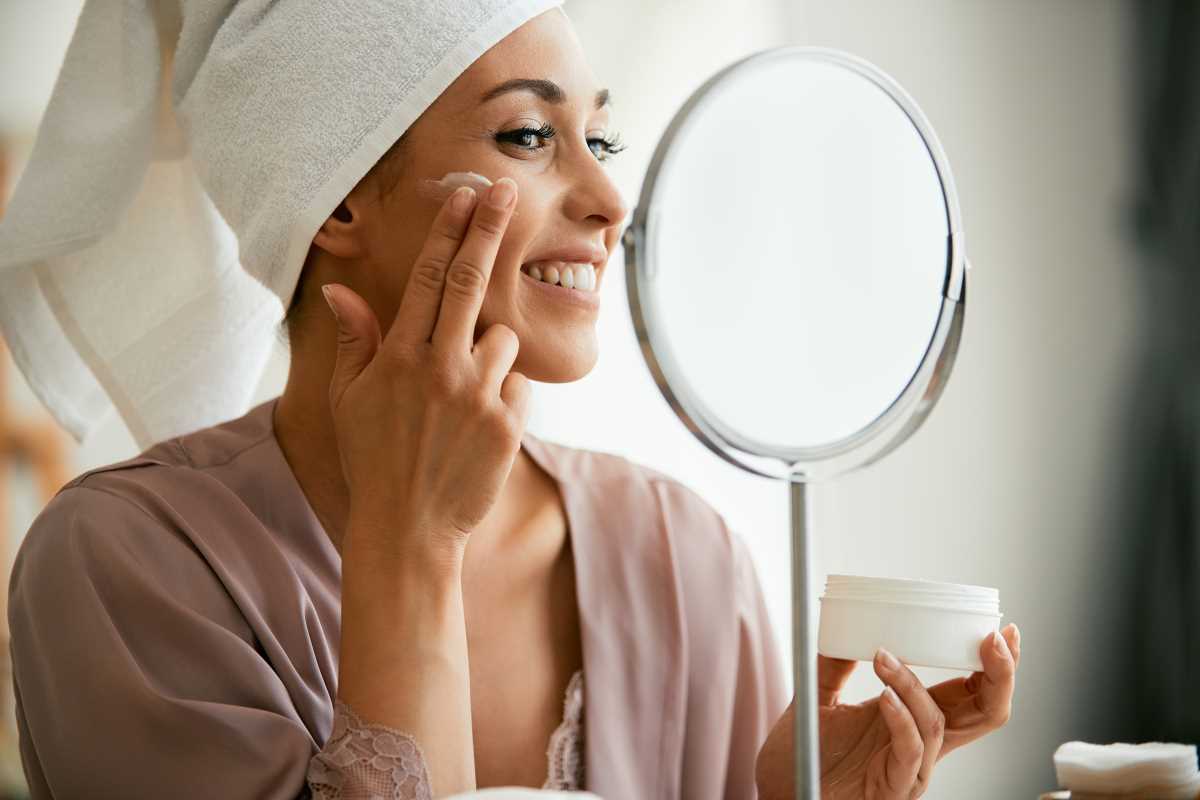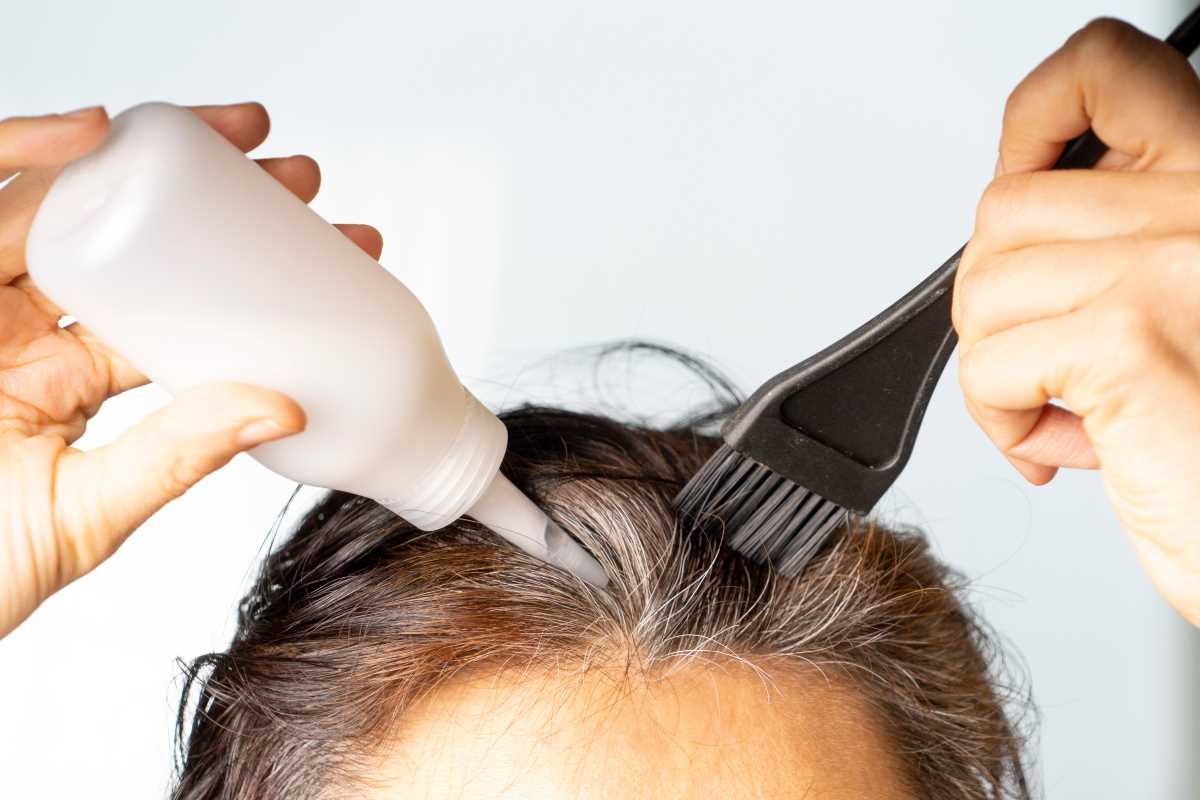Sunscreen is a non-negotiable step in any skincare routine, regardless of whether you're spending the day at the beach or simply working from home. While it's common knowledge that UV radiation from the sun can cause sunburns, premature aging, and even skin cancer, many people fail to realize that sun exposure doesn't stop when you step indoors.
Even when you're inside, your skin is still susceptible to the damaging effects of ultraviolet (UV) rays. From the windows in your home or office to the blue light emitted by electronic screens, numerous sources of UV exposure can wreak havoc on your complexion if left unprotected. Establishing a daily sunscreen habit is crucial for maintaining healthy, youthful-looking skin in the long run.
Sources of Indoor UV Exposure
While the sun's rays may seem less intense when you're indoors, the reality is that you're still being exposed to a significant amount of UV radiation. Windows, both in your home and in your car, allow UVA rays to penetrate through, leading to premature aging, hyperpigmentation, and an increased risk of skin cancer.
Additionally, the blue light emitted by electronic devices like computers, smartphones, and tablets can also contribute to skin damage. This high-energy visible (HEV) light may not cause sunburns, but it can still lead to oxidative stress, inflammation, and the breakdown of collagen and elastin over time. Protecting your skin from both UVA/UVB and HEV light is essential for maintaining a healthy, radiant complexion, even when you're not spending time outdoors.
Choosing the Right Sunscreen
With so many sunscreen options on the market, it can be overwhelming to determine which one is right for your skin. When selecting a daily sunscreen, look for formulas that offer broad-spectrum protection, meaning they shield against both UVA and UVB rays. The product should also have an SPF (sun protection factor) of at least 30, as this is the minimum recommended for daily use.
Additionally, consider your skin type and any specific concerns you may have. If you have oily or acne-prone skin, opt for a lightweight, non-comedogenic formula that won't clog your pores. For dry or sensitive skin, choose a sunscreen with hydrating and soothing ingredients like ceramides, antioxidants, or mineral filters. Applying sunscreen should be the final step in your morning skincare routine, and don't forget to reapply every two hours—or more frequently if you're sweating or swimming.
Top Moisturizers With SPF
1. CeraVe AM Facial Moisturizing Lotion with SPF 30
- Key Ingredients: Ceramides, Niacinamide, Hyaluronic Acid, Sunscreen (Zinc Oxide, Octocrylene)
- Benefits: Hydrates and restores the skin barrier while providing broad-spectrum SPF 30 protection. Suitable for normal to oily skin.
2. EltaMD UV Clear Broad-Spectrum SPF 46
- Key Ingredients: Niacinamide, Hyaluronic Acid, SPF 46 (Zinc Oxide, Octocrylene)
- Benefits: Lightweight and calming, this moisturizer is ideal for sensitive or acne-prone skin. It offers high SPF protection and helps soothe redness.
3. La Roche-Posay Toleriane Double Repair Face Moisturizer UV SPF 30
- Key Ingredients: Ceramides, Niacinamide, Glycerin, SPF 30 (Zinc Oxide)
- Benefits: Hydrates, repairs, and protects with broad-spectrum SPF 30. The formula is suitable for sensitive skin and offers a smooth finish.
4. Neutrogena Hydro Boost Water Gel Lotion SPF 30
- Key Ingredients: Hyaluronic Acid, SPF 30 (Avobenzone, Octisalate, Octocrylene)
- Benefits: Provides intense hydration with a water-gel texture that absorbs quickly. Suitable for dry to normal skin types.
5. Olay Regenerist Whip Face Moisturizer SPF 25
- Key Ingredients: Niacinamide, Peptides, SPF 25 (Octocrylene, Avobenzone)
- Benefits: Offers a light, airy texture while delivering hydration and sun protection. Helps reduce the appearance of fine lines and wrinkles.
6. Supergoop! Unseen Sunscreen SPF 40
- Key Ingredients: Red Algae, Green Tea Extract, SPF 40 (Chemical Filters)
- Benefits: A clear, weightless formula that acts as both a primer and sunscreen. It’s perfect for all skin types and provides a smooth base for makeup.
7. Dr. Dennis Gross C+ Collagen Brighten & Firm Vitamin C Serum SPF 30
- Key Ingredients: Vitamin C, Collagen Amino Acids, SPF 30 (Chemical Filters)
- Benefits: Combines the brightening effects of Vitamin C with collagen-boosting ingredients and sun protection. Ideal for combating dullness and signs of aging.
8. Kiehl's Ultra Facial Cream SPF 30
- Key Ingredients: Squalane, Antarcticine, SPF 30 (Chemical Filters)
- Benefits: Provides deep hydration and broad-spectrum SPF protection, suitable for all skin types. It helps to strengthen the skin’s moisture barrier.
9. Biossance Squalane + Zinc Sheer Mineral Sunscreen SPF 30
- Key Ingredients: Squalane, Zinc Oxide, SPF 30
- Benefits: A mineral sunscreen that hydrates and provides sun protection without leaving a white cast. Suitable for sensitive skin.
10. Tatcha The Water Cream SPF 23
- Key Ingredients: Japanese Wild Rose, Hadasei-3 Complex, SPF 23 (Chemical Filters)
- Benefits: Combines anti-aging benefits with sun protection and hydration in a lightweight, oil-free formula. Ideal for normal to oily skin.
Protecting your skin from the sun's harmful rays is crucial, even when you're not spending time outdoors. By making daily sunscreen application a habit, you can safeguard your complexion from premature aging, discoloration, and long-term skin damage. Remember, a comprehensive sun protection regimen goes beyond just the beach - it's an essential step in maintaining healthy, radiant skin for years to come.






